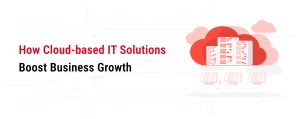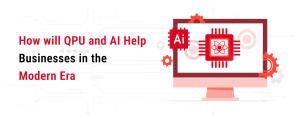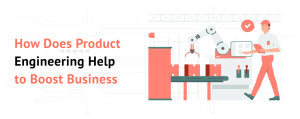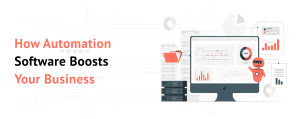Choosing the right framework is crucial for building scalable, efficient, and maintainable websites. Laravel, a PHP web application framework, has gained great popularity for its elegant syntax, powerful features, and developer-friendly environment.
Laravel is renowned for its clean and expressive syntax, which simplifies the coding process and enhances readability. The framework follows the Model-View-Controller (MVC) architectural pattern, providing a structured and organized approach to development. This elegant syntax, combined with a developer-friendly environment, reduces the learning curve for new developers and promotes efficient collaboration within development teams.
One of the standout features of Laravel is its extensive and well-organized documentation. Laravel’s documentation serves as a comprehensive guide for developers, offering detailed explanations, examples, and best practices. This resource not only facilitates the learning process for beginners but also serves as a valuable reference for experienced developers, enabling them to leverage the full potential of Laravel’s features.
Laravel incorporates the Blade templating engine, a lightweight yet powerful tool for creating dynamic and reusable views. Blade templates enhance the efficiency of front-end development by allowing developers to write templates in a concise and expressive syntax. With features like template inheritance, control structures, and data binding, Blade simplifies the process of creating visually appealing and maintainable user interfaces.
Laravel’s Eloquent ORM (Object-Relational Mapping) is a robust database interaction tool that simplifies database operations. Eloquent allows developers to interact with databases using an intuitive and expressive syntax, eliminating the need for complex SQL queries. This elegant ORM system facilitates the creation, retrieval, and manipulation of database records, contributing to the overall efficiency and maintainability of Laravel-powered websites.
Laravel comes equipped with a powerful command-line interface that automates various development tasks. Developers can use Artisan to generate boilerplate code, migrate databases, seed databases with test data, and perform other routine tasks with ease. The Artisan console enhances developer productivity by streamlining common development workflows and minimizing manual intervention.
Security is a top priority in web development, and Laravel incorporates a range of built-in security features to protect applications from common vulnerabilities. The framework includes features such as secure user authentication, encryption, and protection against SQL injection and cross-site scripting (XSS) attacks. Laravel’s commitment to security ensures that developers can build applications with a strong defence against potential threats.
Front-end development is simplified with Laravel Mix, a fluent JavaScript and Sass compiler. Laravel Mix streamlines the process of asset compilation, allowing developers to define and compile assets using a concise and readable syntax. Whether it’s compiling CSS, JavaScript, or other assets, Laravel Mix simplifies the front-end development workflow and contributes to a more efficient build process.
Laravel’s middleware system provides a mechanism to filter HTTP requests entering your application. This allows developers to implement various layers of security, authentication, and request processing. Middleware plays a crucial role in handling tasks such as request validation, authentication, and logging, enhancing the overall flexibility and control over the application’s behaviour.
Laravel simplifies the execution of scheduled tasks through its built-in task scheduling system. Developers can define scheduled tasks within the application, making it easy to automate routine processes. Additionally, Laravel’s queue management system allows for the efficient handling of time-consuming tasks by processing them in the background. This asynchronous approach to task execution ensures that the application remains responsive and scalable.
Laravel emphasizes the importance of testing and includes robust testing tools within the framework. PHPUnit, a widely used testing framework, is integrated into Laravel, enabling developers to write and execute tests with ease. The framework also provides convenient helper methods for common testing scenarios. Laravel’s testing and debugging capabilities contribute to the creation of stable and reliable web applications.
Laravel has fostered a vibrant and active community of developers who contribute to its growth and share their expertise. The Laravel ecosystem includes a multitude of packages, libraries, and extensions that extend the framework’s functionality. The Laravel community, coupled with its ecosystem, provides developers with valuable resources, support forums, and a collaborative environment for sharing insights and best practices.





